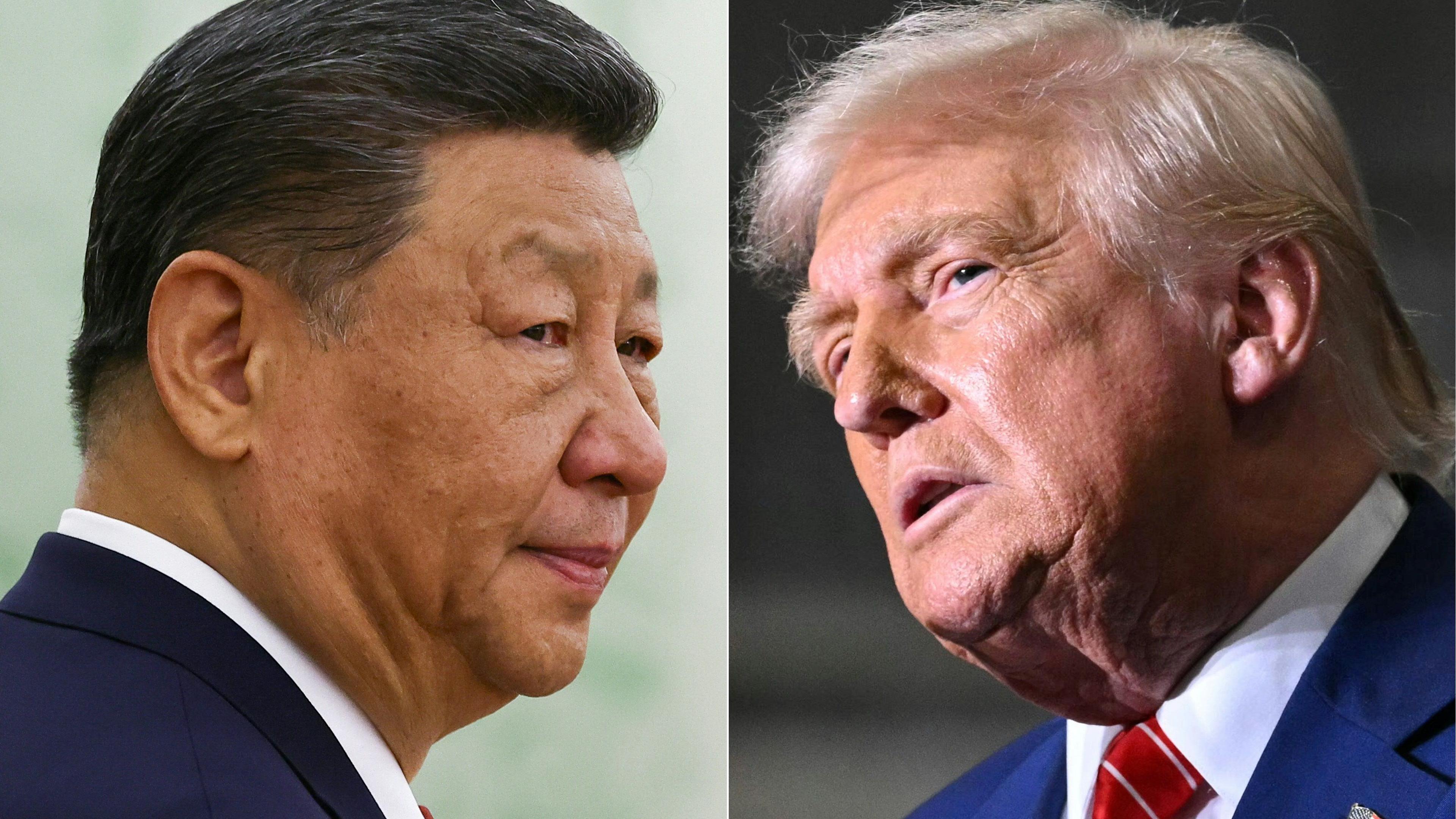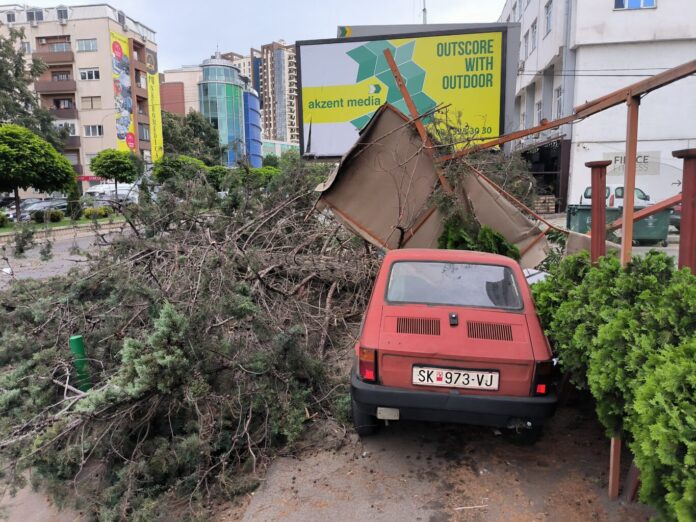« The party is a revealer of the crises of our society » – Liberation

Know who we are, know what we are holding, think the places and scales of what brings us together … The Condorcet campus is organizing, March 20, 21 and 22, 2025, Three days of debate and meetings on the theme « Universal (s)? ». An event including Liberation is a partner.
A universal, the party? The affirmative is not obvious, the news is undoubtedly not unrelated, yet the idea is a « Cream pie » of anthropology, judge Emmanuelle Lallement, specialist in the subject, who will be present March 21 at the festival. Human necessity based on « Dilapidation » (Georges Bataille), on the « Donation of nothing » (Jean Duvignaud), the party is shared by all human societies – even the dictatorships appeal to it to legitimize their power.
But beyond its extreme diversity on the planet, what is celebrating, ultimately? For Julien Mallet, ethnomusicologist At the Institute of Research for Development (and other guest of the Spring of Humanities), it is a time of shared intensity, excess, organized disorder, where energies and bodies are expressed differently. Thus Malagasy festivals punctuated by the Tsapiky, music close to the trance, for several days of exhausting ceremony where the dead and the living rub shoulders. In reverse of the misconception which would deem them spontaneous and borded, these traditional meetings are codified: if the rules of everyday life disappear, others are formed. During these collective gatherings, the intoxication and exuberance of the bodies caused by throbbing music, decibels, fatigue, alcoholare all aspects that we find in free parties Contemporary, observes Julien Mallet – even if the meanings attached to the event are very different.
Chronicle « it's back »
The sacred dimension has long been deserted for most western festivals. By leaving the religious, would they have been reduced to futile forms, linked to leisure? In France, in recent decades, a small nostalgic melody said the « finished » celebration, taxed to have become too commercial, too tourist, too event … If everything is celebrating-music, wine-making sausage (in Renaison in the Loire), the book, or the Slip-, is the party emptied of its meaning? Not so quickly: Emmanuelle Lallement observes that the period of Parisian attacks in 2015 and the confinement episodes in 2020 gave the party to the agenda. Recently, « It is more politicized, and corresponds to phenomena of resistance ». Prohibitions, stigma of revelers, including the repression of Free parts, have created an resurgence of the importance given to the festive phenomenon, with an awareness that it does not fall under the superfluous, but that it can on the contrary encounter a real social necessity. « This has marked the party considerably, and the way of conceiving it. »
Example with the Flame return from Parisian nights Or with the increased presence in manifestations of dance performance, parades of giants, moments of effervescence carrying strong identity or ecological claims. No wonder: far from being a separate area, the party marries the dynamics of our time. And the issues that are assumed are those that raise our whole society. Thus, in a moment when any gathering of bodies and individuals becomes suspicious, the party crystallizes the tensions around the occupation of public space. It also expresses men's inequalities, social inequalities, identity, political claims … in other words, the party acts as « A revealer of the crises and major questions of our society ». The party is over … long live the party.






:format(webp)/s3/static.nrc.nl/wp-content/uploads/2025/06/05163439/data133217982-f902a2.jpg)
